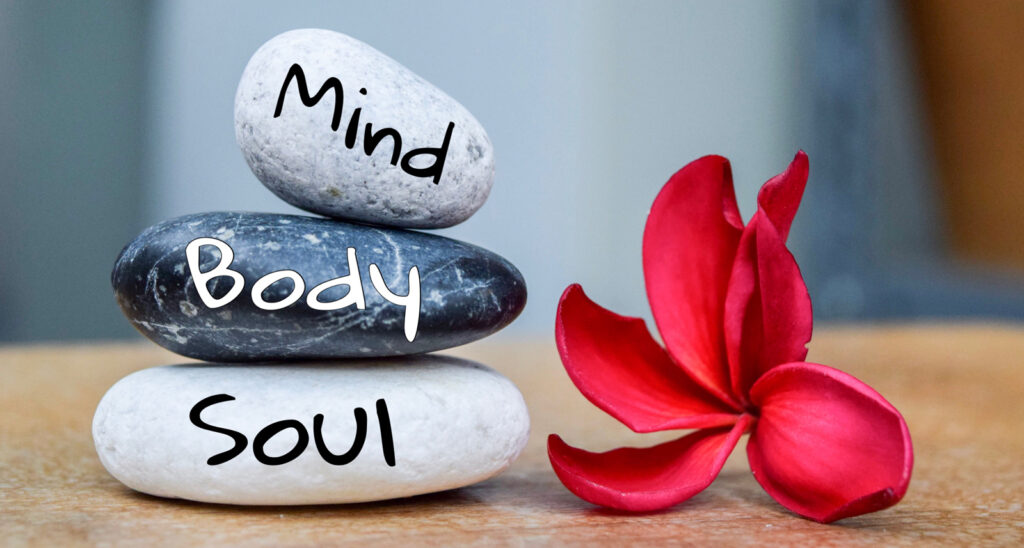
In the pursuit of wellness, modern women are breaking away from traditional paths and exploring holistic health as a means to combat addiction.
This approach, which considers the whole person—body, mind, and spirit—offers a fresh perspective on recovery, promising sobriety and a renewed sense of well-being.
Let’s delve into how integrating addiction recovery into women’s wellness could mark the beginning of a healthier, more empowered generation.
The Holistic Approach to Recovery
Holistic health is based on the understanding that true healing comes from addressing the root causes of an issue rather than just treating the symptoms. In the realm of addiction recovery, this means looking beyond physical dependence to understand the emotional, psychological, and social factors that contribute to substance abuse.
This approach is particularly beneficial for women, as it allows for the complexities of their experiences—such as societal pressures, relationship dynamics, and personal traumas—to be considered in a supportive and nurturing environment.
Why Women Are Turning to Holistic Healing

The reasons women are drawn to holistic recovery are as diverse as the women themselves. Many find that conventional treatment programs, with their focus on detoxification and abstinence, fail to address the underlying issues that led to addiction in the first place.
Others are attracted to the promise of natural healing methods, such as herbal medicine, yoga, and meditation, which offer a gentler path to wellness.
Additionally, the community aspect of holistic health programs—where women can share experiences and support one another—is often a key factor in their appeal.
Addressing the Challenges of Specific Addictions
Holistic health acknowledges that different substances can have unique effects on the mind and body, necessitating tailored approaches to recovery.
For instance, the approach to treating cannabis addiction —a condition often minimized or overlooked due to the widespread perception of cannabis as a “soft” drug—incorporates strategies to manage the psychological dependence and emotional void that quitting can leave.
This might include therapy to address the reasons behind the drug use, alongside practices like mindfulness and acupuncture to help manage withdrawal symptoms and cravings.
Integrating Mind, Body, and Spirit in Recovery

A holistic approach’s essence lies in integrating mind, body, and spirit into the recovery process. This comprehensive model ensures that healing does not end with sobriety but extends to all areas of life, promoting overall health and well-being.
Nutritional therapy, for instance, rebuilds the body damaged by substance abuse, while psychotherapy and counseling address mental health issues. Spiritual practices, such as meditation and mindfulness, foster a sense of connection to something greater than oneself, offering peace and purpose.
This multifaceted strategy ensures that recovery is a transformative journey, leading to lasting changes and a deeper understanding of oneself.
The Importance of Tailored Treatments
One size does not fit all in addiction recovery, especially for women who face unique life circumstances and challenges. Recognizing this, many holistic health programs offer personalized treatment plans.
For example, dual diagnosis treatment in Orange County, Portland, and other cities renowned for their substance abuse treatment and success rates cater specifically to individuals battling both addiction and mental health issues.
These specialized programs combine psychiatric care with addiction treatment, offering a coordinated approach that significantly improves outcomes. By simultaneously addressing both sets of challenges, women can make more meaningful progress toward recovery and wellness.
Support Systems and Community in Holistic Recovery

A cornerstone of holistic health is the support system it provides. Recovery is not just about the individual but also about the community surrounding and uplifting them. Holistic programs often emphasize the importance of building strong, positive relationships through group therapy, community activities, or peer support groups.
This sense of belonging and shared experience can be incredibly healing, offering women the empathy, understanding, and encouragement they need to navigate their recovery journey. In fostering these connections, holistic recovery programs help women build a network of support that extends well beyond their time in treatment.
Overcoming Stigmas and Embracing Change
Despite its benefits, holistic health still faces skepticism, often viewed as an alternative rather than a mainstream approach to recovery. Yet, as more women share their success stories, the stigma surrounding holistic methods is slowly dissipating.
By choosing paths that resonate with their beliefs and experiences, women are not only reclaiming their health but also challenging outdated perceptions of addiction and recovery.
This shift towards holistic health reflects a broader change in society’s understanding of wellness, recognizing that true healing requires attention to all facets of the human experience.
The Holistic Path to Empowerment

As the landscape of addiction recovery evolves, holistic health stands out as a beacon of hope for women seeking a more comprehensive approach to wellness. By integrating treatments that cater to the mind, body, and spirit, holistic methods offer a path to recovery and a journey toward a more fulfilling life.
For women across the globe, this approach represents not only a fight against addiction but a movement towards empowerment, wellness, and a deeper connection with oneself. In embracing holistic health, women are paving the way for a future where recovery is not only possible but transformative, marking the dawn of a new era in women’s wellness.








